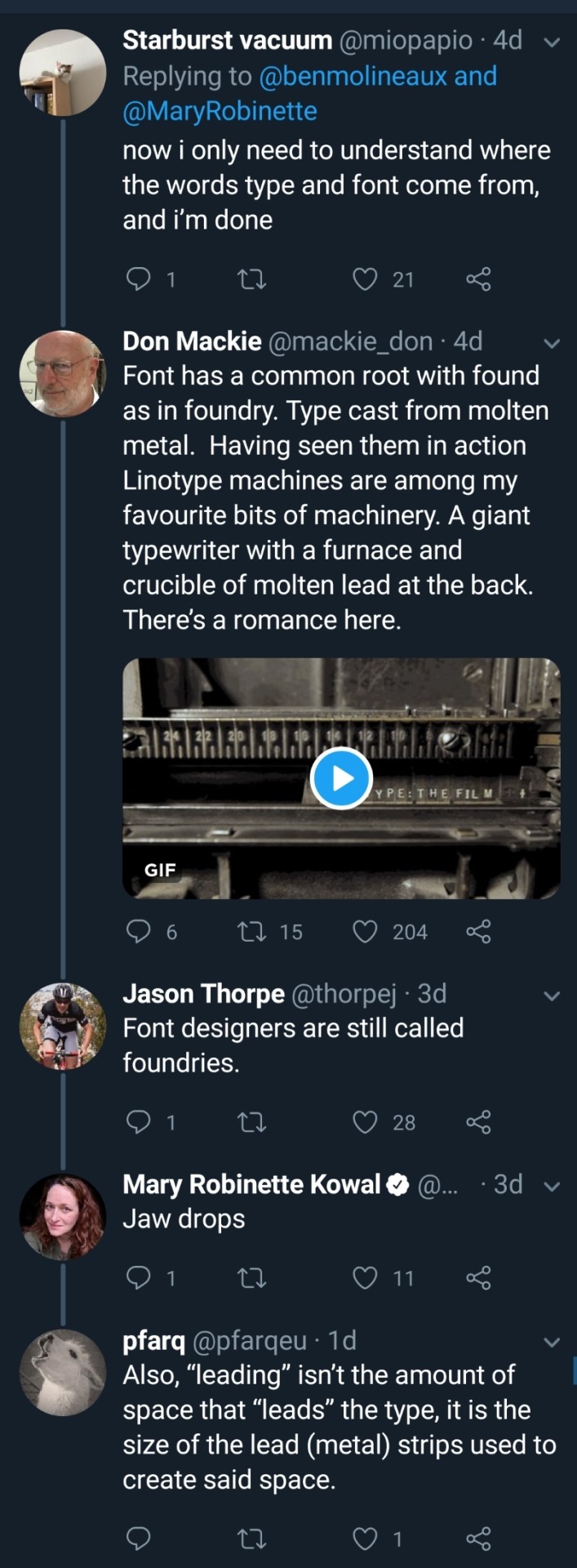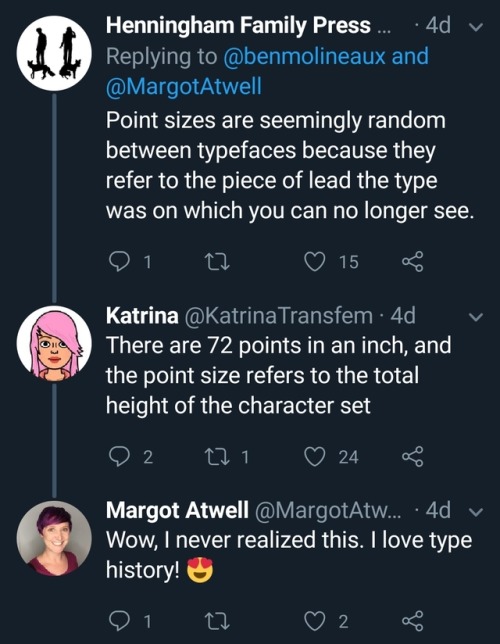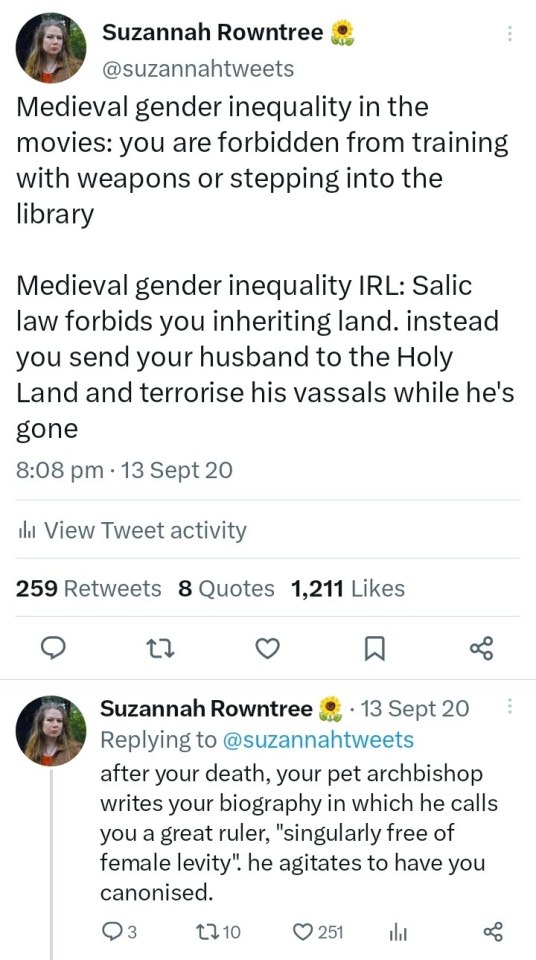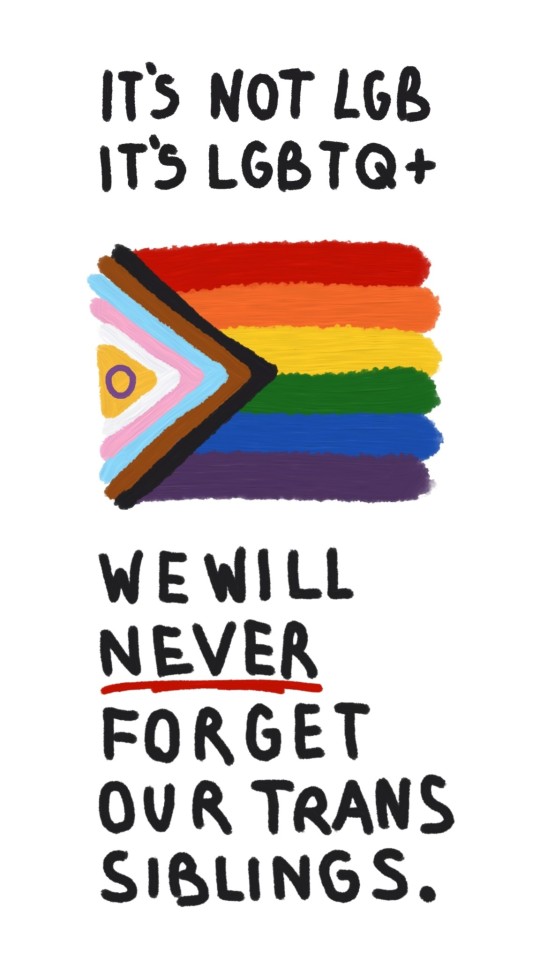This Image Shocks Me Immensely Because Of:

This image shocks me immensely because of:
a) the horror and determination engraved on Alicent’s face
b) Heleana watching her mother defending (and holding onto) Aemond in the background.
I think that the incident at Driftmark had a different potency on each of Alicent’s kids, but especially upon Heleana it must have impressed the idea that “a mother fights for her child no matter what” and that she doesn’t stay silent.
I can only imagine how Heleana feels after B&C, but the sense of being unable to protect and stand up for her son must be devastating.
And further than that, Heleana must be repelled by the idea of being coerced and finally having chosen to sacrifice one of her own kids. She probably feels that she has failed as a mother. That unlike Alicent, she has no right to demand justice for Jaehaerys’ murder because she herself chose him over Maelor. Maybe she blames herself for not doing enough to save him (even if she offered up her own life instead of her children’s), and possibly compares her efforts to defend her children with Alicent’s defense of Aemond. In essence, she probably tragically feels that she offered up one of her children herself instead.
In any case, this is such a heartbreaking and unsettling position to be in and it makes the emotional and psychological toll she consequently suffered all the more unbearable, because even if she drew courage and strength from and tried to imitate her mother’s actions, nothing could have ever prepared her for this.
More Posts from Iknowhowtrianominaworksbutimlazy and Others





TiL (click to go to the thread, which probably has more interesting tidbits I missed).
Bonus:


„Are you for real(?) (…) there was a war! (…) which started immediately after Lucerys‘ death.“ if there was no war at the time of Lucerys‘ killing it wasn‘t a warcrime as War crimes can only be committed during an armed conflict qualified accordingly under international humanitarian law. (See link cited above)
It is literally in the name. The text says During NOT immediately preceding or causing.
Now the obvious point you seem to be making is an analogy to Pearl Harbour but the attack itself is usually qualified as a crime against peace under Section III of the 1907 Hague Convention, which defines the responsibility of all signatories as needing to engage in negotiation and issue a final ultimatum before declaring war,(with regards to Imperial Japan and Pearl Harbour the Charges in the Tokyo Trials counts 1-53 deal with crimes against peace with only the last teo counts dealing with warcrimes and crimes against humanity. ) see https://www.icc-cpi.int/sites/default/files/NR/rdonlyres/A9B8696D-FF7E-4CF0-90B0-F47C4C2D9EAB/283891/Totanichapter_correctversion.pdf page 9 of pdf and 154 of book.
But the Green Council actually do offer an ultimatum, making that comparison null and void and I think IRL you would have some trouble convicting anyone on the Green Council of the crime of aggression/crimes against peace. In Response Rhaenyra issues a formal declaration of war, in the show she orders the Velaryon fleet to Blockade Kings Landing and shelters Rhaenys both of which constitutes a hostile act towards the Greens even before the Greens have time to do anything, giving a reasonable ground to declare that she was not negotiating in good faith.
„And wih his death the war of ravens came to an end the war of fire and blood began in earnest.“
Meaning: this is where hostilities proper start NOT where the war itself starts. War had been declared prior and it had been declared by the blacks, as I pointed out and cited in one of the points you left unadressed. Wars usually begin with a declaration of war not with immediate hostilities.
My friend you were the one to bring Alicents opinion on the matter into this. And even if you were correct (I don‘t believe you are) it does not exclude me from being correct as well. Her not valuing human life does not mean she considered herself and her faction not in a state of war.
Regarding Otto, yeah, that is literally what that quote means. As far as it being a war crime, see above.
I‘m very curious where you got that impression from, becuse we see the Greens seconds after then not at all for nearly two weeks. Otto bot bringing it up at Peace talks doesn‘t mean it isn‘t an important issue, just one that might be counter productive.
In fact Rhaenys not being offered a pardon might indicate them caring a bit more than you seem to think.
Calling an envoy, a soldier and a threat, is quite literally the dumbest thing you can say. They are basically postmen with diplomatic immunity. It really sums up the extent of intelligence I have come to expect from team green fans. Lucerys was innocent and he will keep being it, murdering him was a war crime + king slaying being a taboo.
You can take your stupid posts somewhere else. Him saying "I will not fight you" isn't a joke, he is representative of borros's enemy and his only Job is to take a letter and bring back an answer, if he joins in fighting he starts a war.....like aemond did.
as expected, now that ep 1 with b&c will be aired in 2 weeks, people are getting weird.
please keep your "b&c wasn't that bad" shit takes out of the general tags <3 mind you, these are the same people that have been whining about "misogyny" for the last 2 years, but are now apparently ok with an innocent woman being tortured to the point of literally becoming a shell of her former self & a 6yo girl being threatened with rape.
and to all of the pro-b&c weirdos saying "bUt iT wAs aBoUt AeGoN", so 1. b&c is justified because aegon threw a party? 2. daemon also threw a party when his nephew and sister in law died, but y'all don't want to talk about that. 3. even if aegon was the one to kill luke, it still doesn't justify what daemon did to helaena and her kids - you're actually justifying a woman being punished for the crimes of her male relatives - and it doesn't matter if it's aegon or aemond.

what if he doesn't want it to mean anything?? (lie)
this post has been haunting me

all RIGHT:
Why You're Writing Medieval (and Medieval-Coded) Women Wrong: A RANT
(Or, For the Love of God, People, Stop Pretending Victorian Style Gender Roles Applied to All of History)
This is a problem I see alllll over the place - I'll be reading a medieval-coded book and the women will be told they aren't allowed to fight or learn or work, that they are only supposed to get married, keep house and have babies, &c &c.
If I point this out ppl will be like "yes but there was misogyny back then! women were treated terribly!" and OK. Stop right there.
By & large, what we as a culture think of as misogyny & patriarchy is the expression prevalent in Victorian times - not medieval. (And NO, this is not me blaming Victorians for their theme park version of "medieval history". This is me blaming 21st century people for being ignorant & refusing to do their homework).
Yes, there was misogyny in medieval times, but 1) in many ways it was actually markedly less severe than Victorian misogyny, tyvm - and 2) it was of a quite different type. (Disclaimer: I am speaking specifically of Frankish, Western European medieval women rather than those in other parts of the world. This applies to a lesser extent in Byzantium and I am still learning about women in the medieval Islamic world.)
So, here are the 2 vital things to remember about women when writing medieval or medieval-coded societies
FIRST. Where in Victorian times the primary axes of prejudice were gender and race - so that a male labourer had more rights than a female of the higher classes, and a middle class white man would be treated with more respect than an African or Indian dignitary - In medieval times, the primary axis of prejudice was, overwhelmingly, class. Thus, Frankish crusader knights arguably felt more solidarity with their Muslim opponents of knightly status, than they did their own peasants. Faith and age were also medieval axes of prejudice - children and young people were exploited ruthlessly, sent into war or marriage at 15 (boys) or 12 (girls). Gender was less important.
What this meant was that a medieval woman could expect - indeed demand - to be treated more or less the same way the men of her class were. Where no ancient legal obstacle existed, such as Salic law, a king's daughter could and did expect to rule, even after marriage.
Women of the knightly class could & did arm & fight - something that required a MASSIVE outlay of money, which was obviously at their discretion & disposal. See: Sichelgaita, Isabel de Conches, the unnamed women fighting in armour as knights during the Third Crusade, as recorded by Muslim chroniclers.
Tolkien's Eowyn is a great example of this medieval attitude to class trumping race: complaining that she's being told not to fight, she stresses her class: "I am of the house of Eorl & not a serving woman". She claims her rights, not as a woman, but as a member of the warrior class and the ruling family. Similarly in Renaissance Venice a doge protested the practice which saw 80% of noble women locked into convents for life: if these had been men they would have been "born to command & govern the world". Their class ought to have exempted them from discrimination on the basis of sex.
So, tip #1 for writing medieval women: remember that their class always outweighed their gender. They might be subordinate to the men within their own class, but not to those below.
SECOND. Whereas Victorians saw women's highest calling as marriage & children - the "angel in the house" ennobling & improving their men on a spiritual but rarely practical level - Medievals by contrast prized virginity/celibacy above marriage, seeing it as a way for women to transcend their sex. Often as nuns, saints, mystics; sometimes as warriors, queens, & ladies; always as businesswomen & merchants, women could & did forge their own paths in life
When Elizabeth I claimed to have "the heart & stomach of a king" & adopted the persona of the virgin queen, this was the norm she appealed to. Women could do things; they just had to prove they were Not Like Other Girls. By Elizabeth's time things were already changing: it was the Reformation that switched the ideal to marriage, & the Enlightenment that divorced femininity from reason, aggression & public life.
For more on this topic, read Katherine Hager's article "Endowed With Manly Courage: Medieval Perceptions of Women in Combat" on women who transcended gender to occupy a liminal space as warrior/virgin/saint.
So, tip #2: remember that for medieval women, wife and mother wasn't the ideal, virgin saint was the ideal. By proving yourself "not like other girls" you could gain significant autonomy & freedom.
Finally a bonus tip: if writing about medieval women, be sure to read writing on women's issues from the time so as to understand the terms in which these women spoke about & defended their ambitions. Start with Christine de Pisan.
I learned all this doing the reading for WATCHERS OF OUTREMER, my series of historical fantasy novels set in the medieval crusader states, which were dominated by strong medieval women! Book 5, THE HOUSE OF MOURNING (forthcoming 2023) will focus, to a greater extent than any other novel I've ever yet read or written, on the experience of women during the crusades - as warriors, captives, and political leaders. I can't wait to share it with you all!
This site is an AMAZING resource for writing canon ASOIAF. It lets you look up any word to see if it is used in the book - do they have weeks, months, oil lamps, bed bugs, fiddles etc. etc. in Westeros?
This site has the answer!
In regards of the Trump government scraping all trans inclusion in its queer information portion of its websites I have made this thing. Spread the word. Don't let them pretend we never existed.



P.S: Don't like! Reblog! <3
if i see one more article, post, or news anchor talking about how joe biden is old, i'm putting my fist through a window. i feel like i've gone through the fucking looking glass.
this is project 2025, trump's plan for what he'll do if elected. whatever you think is in there, it's worse. watch a breakdown of the highlights here. this man wants to unravel the fabric of our democracy for good - this all aside from his vitriolic hatred of poc, his determination to start ww3, and the fact that he can't string a sentence together without telling outrageous and easily verifiable lies. his administration will start their crusade to exterminate trans people on day one, and they won't stop there.
do not talk to me about how joe biden is old, as if that could ever matter to me more than my life or the lives of my friends and family. my little sister is 14, she's trans, and i don't know what to tell her when we talk about politics, because one of these people wants her dead and the other one is old and some of you are still acting like those problems are equals.
i can't fucking stand this. i'm not hearing it this time, we are not repeating 2016. refusing to vote is not an act of protest, it is an act of complacency, and our most vulnerable will suffer for your negligence. vote like your life depends on it, because for some of us, it really fucking does.
Guinevere and Lancelot's Sex
(an overview so we can be on the same page when discussing Alicent and Criston's sex)
I've been looking into the history of courtly love for quite a while now, trying to figure out where the "chaste" bit comes from. And honestly I'm still not sure. (My best theory at the moment is that it was Elizabeth I's contribution?) Histories consistently trace courtly love to The Knight of the Cart, the OG Guinevere and Lancelot story — a story where they do have sex.
They are the poster children. And they have always been unambiguously sexual.
The Knight of the Cart
Queen Guinevere and Lancelot have sex about halfway through The Knight of the Cart. At this point, Lancelot has traveled for a week and braved all sorts of hurdles to come rescue Guinevere, who's being held captive. He wants to have sex with her, but he does not expect sex from her — he doesn't think he's owed anything. This is expressed in this line:
"It would take more than these bars to keep me out. Nothing but your command could thwart my power to come to you. If you will but grant me your permission, the way will open before me. But if it is not your pleasure, then the way is so obstructed that I could not possibly pass through."
A reminder that The Knight of the Cart was commissioned by a woman, Marie de Champagne. This is a female fantasy — and specifically, the fantasy of a noblewoman who's in a political marriage where sex is presumbably expected and owed.
So Guinevere says yes, he climbs through her window, and they have sex. It's written "fade to black" style, but the author does tell us they had a great time.
Their sport is so agreeable and sweet, as they kiss and fondle each other, that in truth such a marvellous joy comes over them as was never heard or known. But their joy will not be revealed by me, for in a story, it has no place. Yet, the most choice and delightful satisfaction was precisely that of which our story must not speak.
I've seen too much discourse where Criston wanting to worship Alicent and have sex with her are framed as if they're in opposition or mutually incompatible. Which just — no. Lancelot kneels to Guinevere in an explicitly religious way, both when he enters the room to have sex with her, and before he leaves.
then he comes to the bed of the Queen, whom he adores and before whom he kneels, holding her more dear than the relic of any saint. .... When he leaves the room, he bows and acts precisely as if he were before a shrine; then he goes with a heavy heart, and reaches his lodgings without being recognised by any one.
"I thought I wanted it. But the burden is a heavy one. It's too heavy. If you wish me to bear it then defend me. And my children."
I wonder what burden she feels she's holding at this moment. We know that she isn't speaking of the burden of ruling and managing the realm for the last several years while her father was sick, because while she was on Dragonstone, those duties fell to the Hand and the Queen. As far as the show tells us, Rhaenyra has no specific duties she's fulfilling as heir, nor has she been doing anything in particular to prepare to rule. We're not shown that she's doing anything with her time beyond anything beyond managing Dragonstone with Daemon and growing her family. So what exactly in her life at this moment is she seeing as this massive burden that she bears because she's heir to the throne?
I think the burden she's speaking of here is actually the pressure she's feeling as she's finally being faced with the idea that her father won't always be around to help her avoid the consequences of her actions. So even though it's obvious that he's on the edge of death, in immense pain, barely hanging on, and despite the fact that she hasn't visited him at this point in literal years despite knowing about his ailing health and she's done nothing to support him in ruling in his last years, she still feels entitled enough to demand that he do another massive favor for her. At this point, Rhaenyra has been enabled by her father for so many years that she doesn't know how to solve a problem without him. So she plays the heir card on Viserys to get him to defend her one more time: if you want me to be queen, and you don't want me to be held accountable and face consequences, help me get away with it one more time.
Rhaenyra is upset not because of any real burden she has as heir but because she feels like the walls are closing in and she's under attack. I would feel some sympathy for her if it weren't for the fact that she wouldn't be in this situation if she'd made better choices. If literally anyone else in the realm had obvious bastards they were using to usurp a seat of power, there would be huge consequences. Rhaenyra knows this and is doing it anyway because she thinks her position as heir to the throne gives her the power to be able to do it and get away with it. Her birthright as a Targaryen says she deserves absolute power because she's better than other people, so she can do no wrong and nobody can say otherwise to her. She believes she's clever enough to pass the deception, and otherwise her father can punish anyone who speaks up... until Vaemond goes to court, and her father is not there to blankly support her no matter what. Now, she's faced with people who intend to uphold the law of the land and she's upset that she might actually be confronted with her problems head on and not have someone to shield her this time.
-
 cri5s liked this · 2 weeks ago
cri5s liked this · 2 weeks ago -
 notsoshywarlock liked this · 3 weeks ago
notsoshywarlock liked this · 3 weeks ago -
 ricecakesonice liked this · 3 weeks ago
ricecakesonice liked this · 3 weeks ago -
 yves-linna15 liked this · 3 months ago
yves-linna15 liked this · 3 months ago -
 a0random0gal liked this · 4 months ago
a0random0gal liked this · 4 months ago -
 mom12342365yui76 liked this · 4 months ago
mom12342365yui76 liked this · 4 months ago -
 imdead2124 liked this · 5 months ago
imdead2124 liked this · 5 months ago -
 almostshinygardener liked this · 6 months ago
almostshinygardener liked this · 6 months ago -
 im-hunyfe liked this · 6 months ago
im-hunyfe liked this · 6 months ago -
 henry-the-ate liked this · 6 months ago
henry-the-ate liked this · 6 months ago -
 milfanddilfs liked this · 6 months ago
milfanddilfs liked this · 6 months ago -
 shslkokoro liked this · 6 months ago
shslkokoro liked this · 6 months ago -
 sadlittlecountess liked this · 7 months ago
sadlittlecountess liked this · 7 months ago -
 selfawarejester liked this · 7 months ago
selfawarejester liked this · 7 months ago -
 eternalbuckley liked this · 7 months ago
eternalbuckley liked this · 7 months ago -
 blueberrypancakesworld liked this · 7 months ago
blueberrypancakesworld liked this · 7 months ago -
 danysnow11 liked this · 8 months ago
danysnow11 liked this · 8 months ago -
 funso1912 reblogged this · 8 months ago
funso1912 reblogged this · 8 months ago -
 funso1912 liked this · 8 months ago
funso1912 liked this · 8 months ago -
 mollyisthebestalways liked this · 8 months ago
mollyisthebestalways liked this · 8 months ago -
 tori-artemis liked this · 8 months ago
tori-artemis liked this · 8 months ago -
 chimo298 liked this · 8 months ago
chimo298 liked this · 8 months ago -
 bigdestinywizard liked this · 8 months ago
bigdestinywizard liked this · 8 months ago -
 whateverthought liked this · 9 months ago
whateverthought liked this · 9 months ago -
 thaenarysworld liked this · 9 months ago
thaenarysworld liked this · 9 months ago -
 bi3eamtress liked this · 9 months ago
bi3eamtress liked this · 9 months ago -
 helena-targaryenthot liked this · 9 months ago
helena-targaryenthot liked this · 9 months ago -
 peupeugunn reblogged this · 9 months ago
peupeugunn reblogged this · 9 months ago -
 peupeugunn liked this · 9 months ago
peupeugunn liked this · 9 months ago -
 animeisfire300 liked this · 9 months ago
animeisfire300 liked this · 9 months ago -
 katacala liked this · 9 months ago
katacala liked this · 9 months ago -
 kishumika liked this · 9 months ago
kishumika liked this · 9 months ago -
 hopelessromatic-lover liked this · 10 months ago
hopelessromatic-lover liked this · 10 months ago -
 dudslovery liked this · 10 months ago
dudslovery liked this · 10 months ago -
 gender-is-confusion liked this · 10 months ago
gender-is-confusion liked this · 10 months ago -
 teleit liked this · 10 months ago
teleit liked this · 10 months ago -
 holidazeinn liked this · 10 months ago
holidazeinn liked this · 10 months ago -
 de1avjq liked this · 10 months ago
de1avjq liked this · 10 months ago -
 sassydaemon liked this · 10 months ago
sassydaemon liked this · 10 months ago -
 impossiblyshynerd liked this · 10 months ago
impossiblyshynerd liked this · 10 months ago -
 writingwenches liked this · 10 months ago
writingwenches liked this · 10 months ago -
 abielaabitalescarraglimnt1 liked this · 11 months ago
abielaabitalescarraglimnt1 liked this · 11 months ago -
 twopercentboy liked this · 11 months ago
twopercentboy liked this · 11 months ago -
 everlarkyx liked this · 11 months ago
everlarkyx liked this · 11 months ago -
 sasukebutmorebratty reblogged this · 11 months ago
sasukebutmorebratty reblogged this · 11 months ago -
 sasukebutmorebratty liked this · 11 months ago
sasukebutmorebratty liked this · 11 months ago -
 ggs-things liked this · 11 months ago
ggs-things liked this · 11 months ago